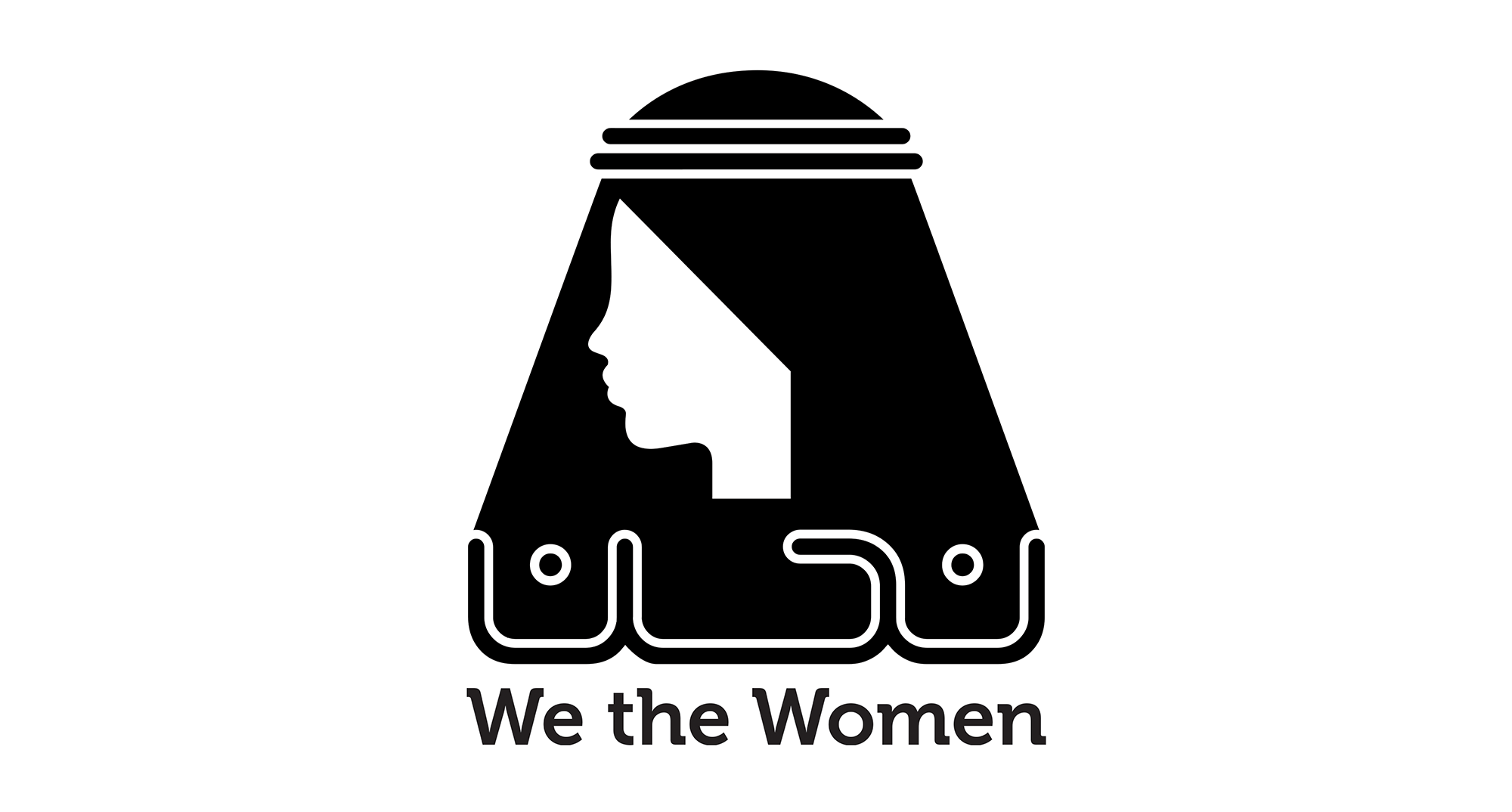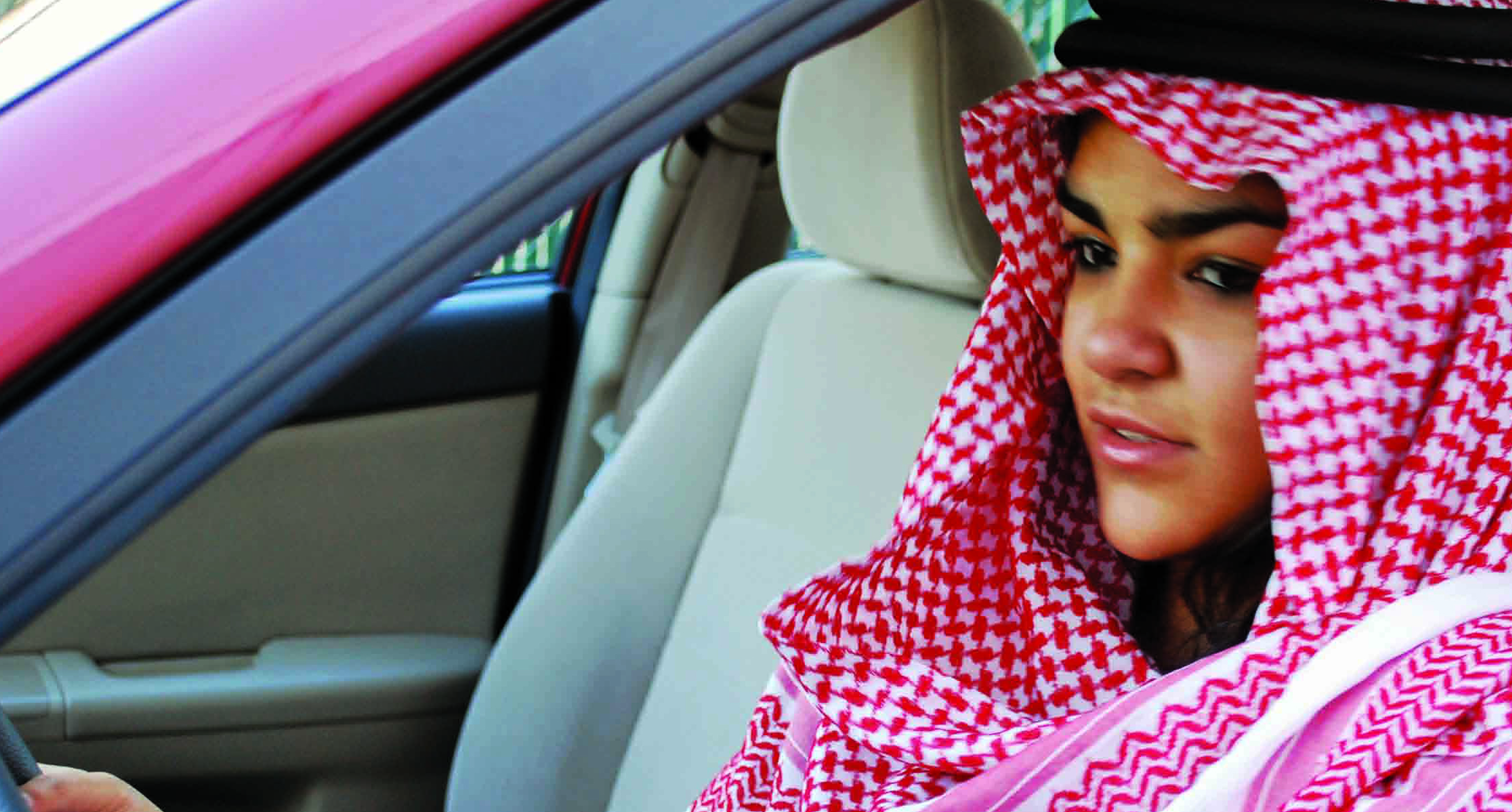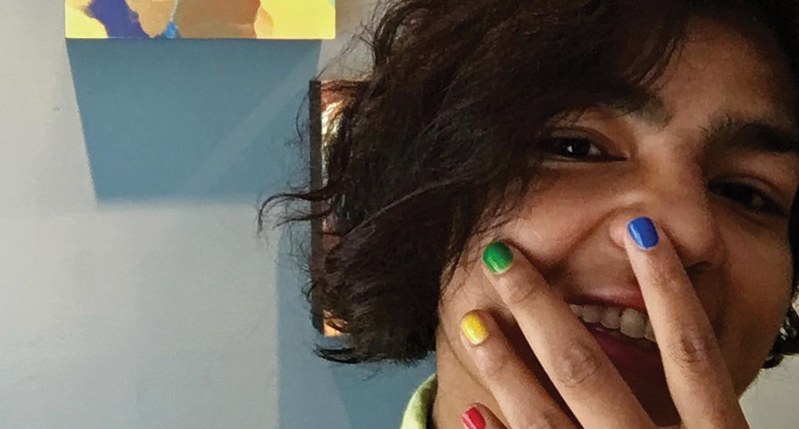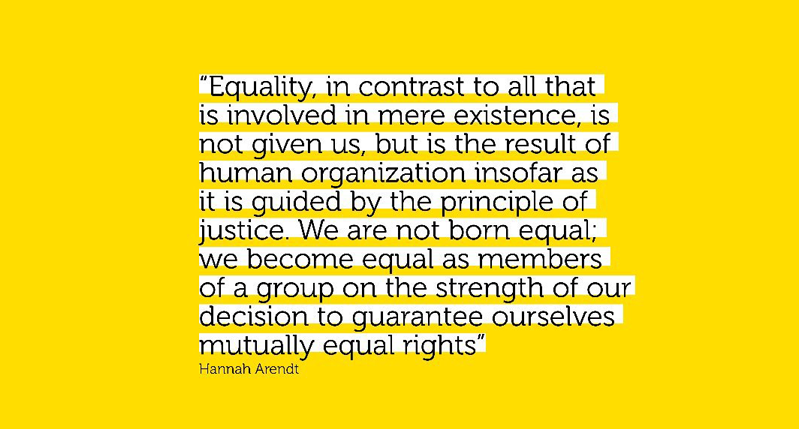Alumni Spotlight: Areej Khan
Recently, the long standing ban on Saudi women driving was lifted. We asked Areej Khan (MFAD ’09) to share her feelings about the news and to reflect on her thesis “We the Women” which was a campaign that sought to help grant women driving privileges in Saudi Arabia through public dialogue and awareness.
With your thesis N7nu – We the Women, you were ahead of the news that women can now drive in Saudi by 8 years, how do you feel?
I feel ecstatic. I was in the office when I first read the news. My father sent me a screenshot of the tweet by the Saudi Press Agency, and then the news headline notifications started popping up on my phone. It became challenging to stay seated at my desk.
Why do you think this has happened now?
Well, it is a basic need, being able to get to one place from another on your own time. The ban was always ridiculous and it was only a matter of time. The necessity has become more dire over the past few years. Businesses founded and run by women are increasing. Jobs for women are increasing. More Saudi women graduate from college and pursue higher education than Saudi men. Saudi women are going places and they needed an easier way to get there.
There was also a growing economic necessity. More women needing to get places meant more women needing drivers. The average monthly salary for a driver is $320. If we say there are 500,000 drivers hired specifically to drive around females, that’s $1,920,000,000 a year. There are probably a lot more. And that’s a lot of money that could be spent on Yemen.
There were steps that slowly led up to this starting with the late King Abdullah giving women the right to vote and run for office in the municipal elections, including women in the Shura Council, and finally passing laws against domestic violence. King Abdullah was always for the ban being lifted but was faced with a lot of opposition in his time. The current Crown Prince has been doing a great job seeing his vision through and pushing his reformist, and sometimes controversial own.
When you did your thesis, N7nu – We the Women, you took a big chance. What could have been the consequences if you were caught?
That’s a tough one to answer confidently. Laws for things like this were never written. How much trouble one gets in for dissent in Saudi is completely dependant on who you are caught by and sometimes on who you are and who you know (Wasta). I once committed a small crime that actually has more set laws against it, holding evidence in hand, but the police officer that had stopped me had clearly had very little interaction with females and was more flustered to be speaking to me than he was set on doing his job. Nothing happened. I’m not really complaining, but it was not right.
Your thesis was covered by the news. Do you feel that it had an influence on this positive outcome?
I cannot say it did or didn’t. I like to think it sparked something in the people that came across it at the time and in the students I taught at Dar Al Hekma College. The reality is I stopped fighting that fight when Saudi stopped being my home. I permanently moved back to the US a couple of years later and the struggle, though it was a very big part of my life for a long time, was no longer real. Funny how that works, ‘ey?
Do you believe the restrictions in Saudi on women are loosening in other areas?
Yes. They definitely are and have been. There’s still a ways to go. Next up is the Wali system–the guardianship laws that prohibits women from traveling and doing a few other basic, normal things without permission from a male guardian.
You told me you took some time off from pursuing this project, but, can you tell me what you have done in the past?
Outside of launching the campaign and speaking out on the issue at Dar Al Hekma University as an influencer, I participated in the June 2011 drive protest. That was one of the scariest things I have ever done.
In short, not much in comparison to the incredibly inspiring efforts on this by Wajiha Al Huwaider and Manal Al Sharif.




